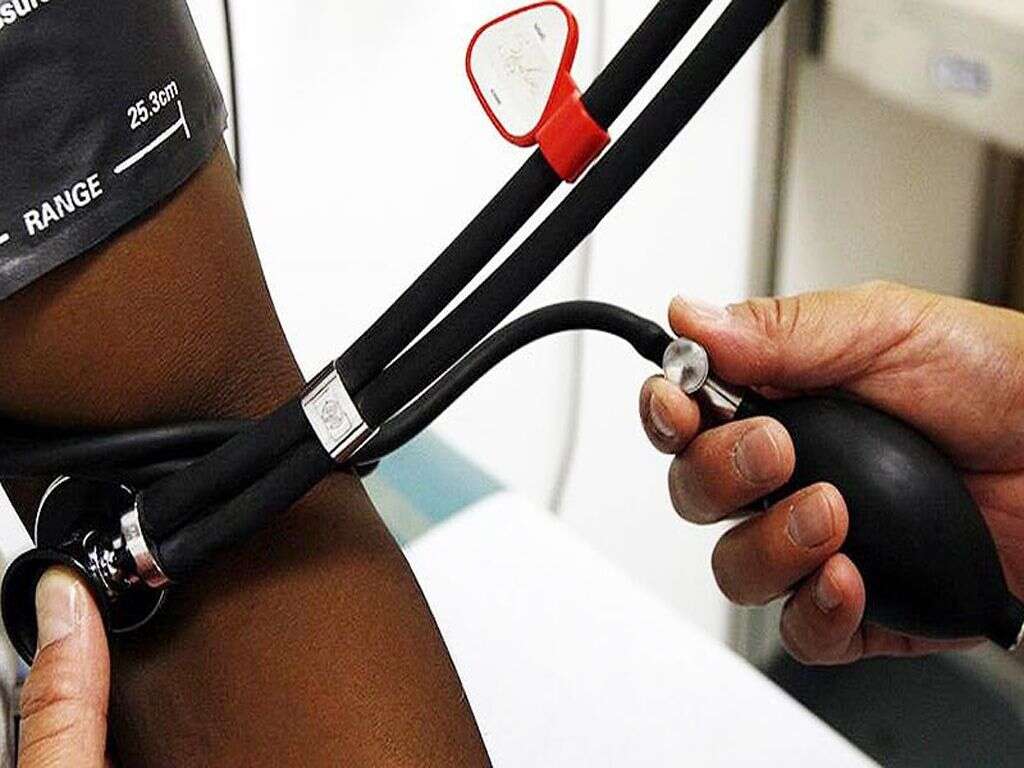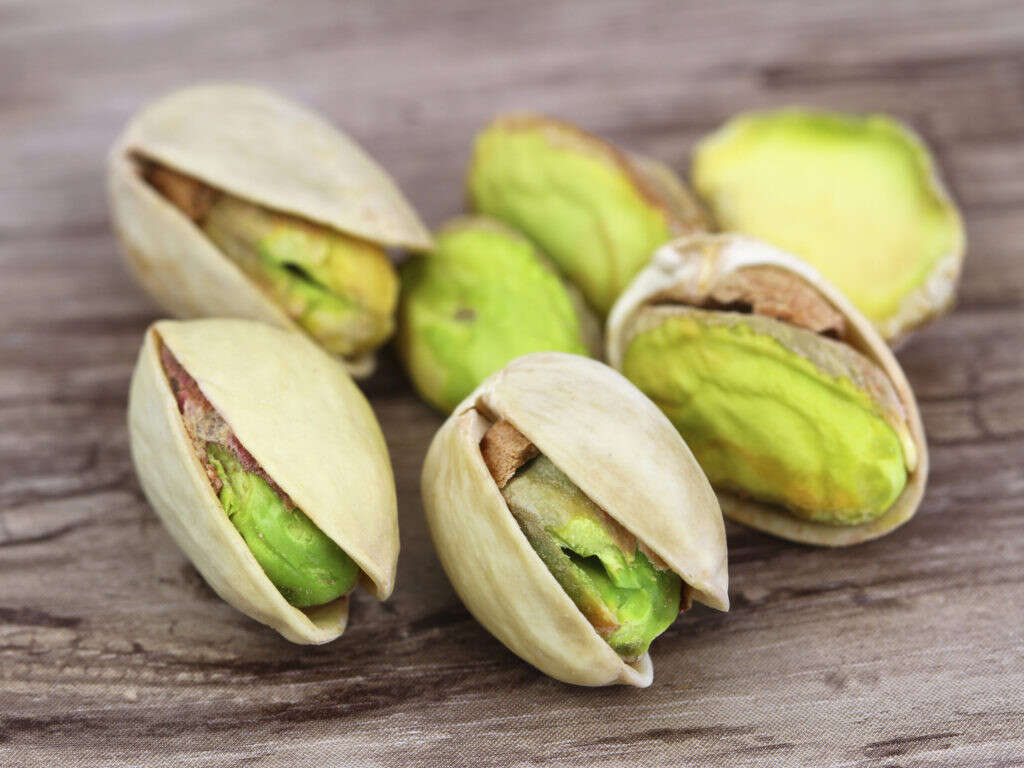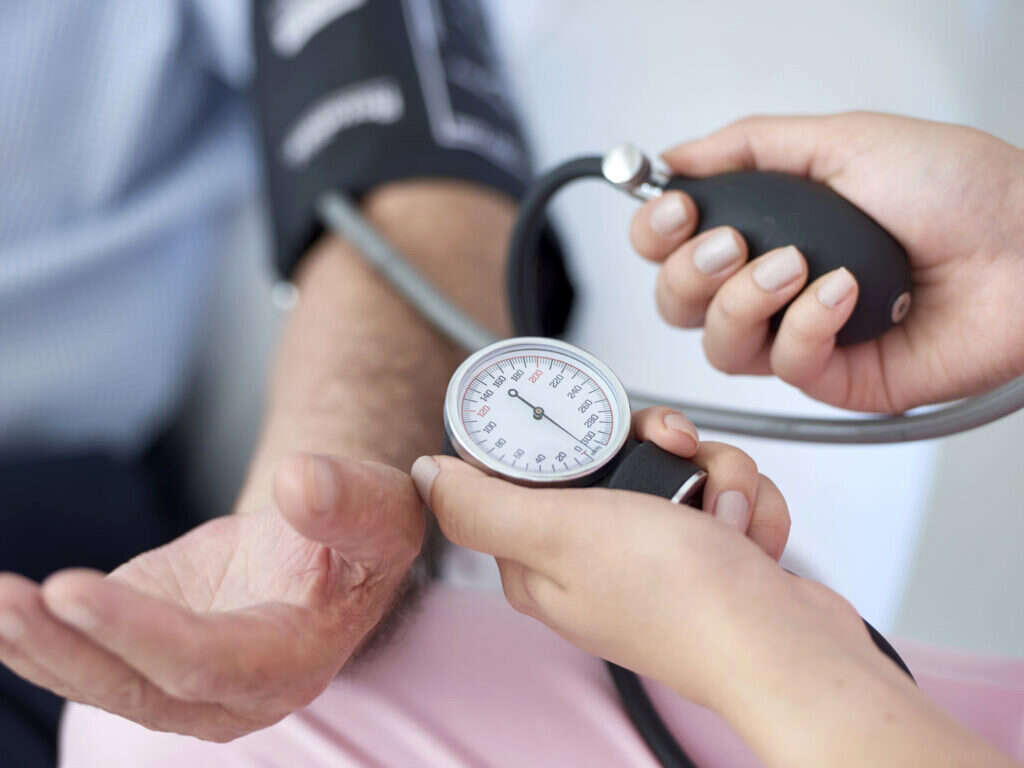10 Causes of Hypertension
The blood that runs through our blood vessels carries essential nutrients and oxygen around the body to where it is needed. The blood is pumped by the heart around the system of blood vessels and needs to be pumped at a certain pressure in order to reach the whole body.
The pressure at which the blood is pumped should be neither too low nor too high. Too low and it will not be effective enough, and various complications can occur if it is too high. Hypertension, also known as high blood pressure, is when the pressure of the blood is beyond normal upper levels. This can be dangerous and is something that should be treated seriously.
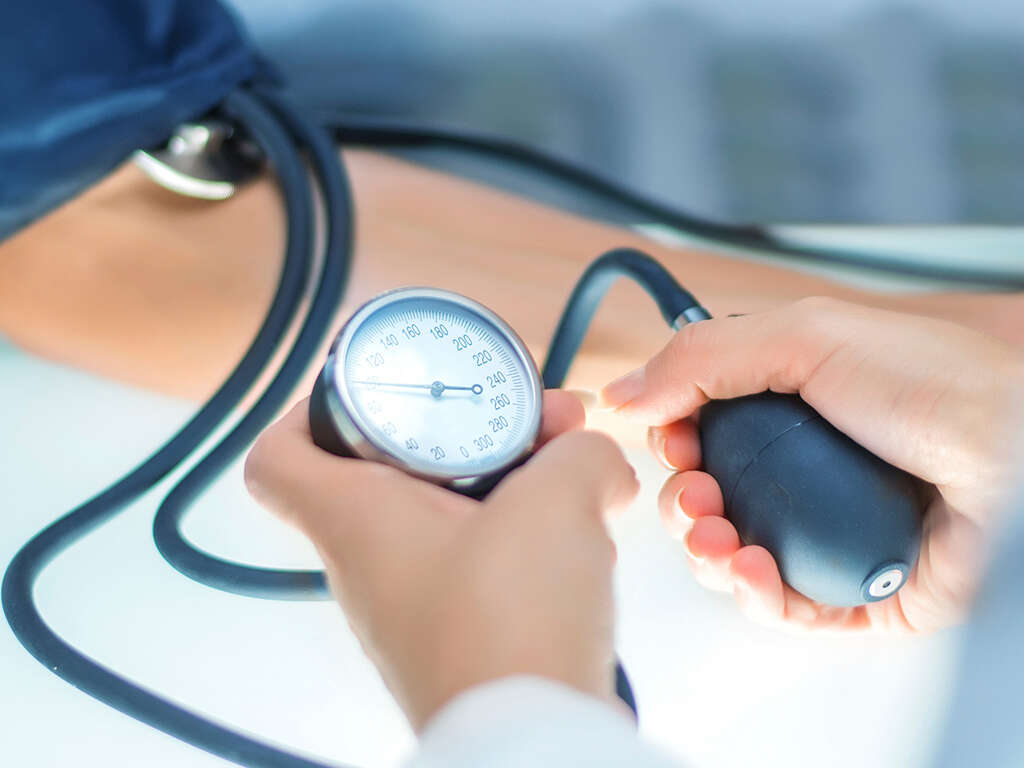
Cause #1: Overweight
Being overweight is a known factor associated with heart disease and hypertension. Obese patients tend to have elevated levels of lipids in their blood, which can damage the inner lining of the blood vessels. Eventually, this will lead to severe complications and hypertension is only of them.

Cause #2: Age
When we are young adults, we are generally considered to be in our prime. This is a period when we tend to be at our strongest, our fittest and in general good health. This good health will generally carry over to our middle ages, but we can begin to develop complications as we age.
As we age, our cardiovascular system may deteriorate over time. Our blood vessels can become stiff causing structural problems that may lead to increased blood pressure. Patients suffering from hypertension may develop the disease without any symptoms, therefore, it is important to have regular medical appointments as we grow old.

Cause #3: Hereditary
When any animal reproduces, they pass on their genes to their offspring. These genes contain a great deal of information regarding how we grow and develop both physically and mentally. While our parents’ genes will dictate our health and growth, they can also contain faults that are not beneficial.
If either of your parents suffered from high blood pressure, there’s a good chance that you will too. If you go for a check-up and you are found to have high blood pressure, you are likely to be asked if there is a history of the condition in your family.
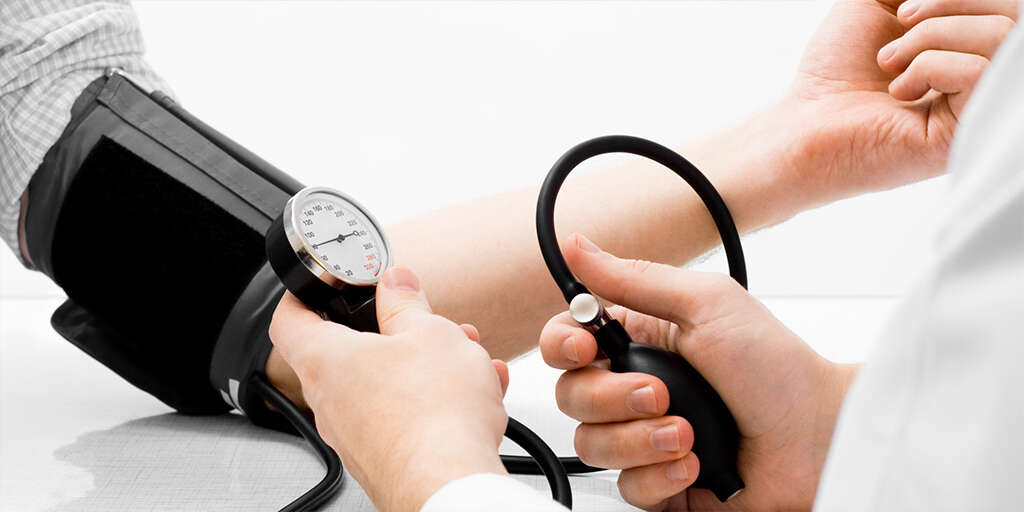
Cause #4: Smoking
Smoking and inhaling second-hand smoke are known factors associated with heart disease and the formation of atherosclerosis (plaque formation inside the blood vessels).
Smoking increases blood pressure momentarily and due to the damage it is known to cause to blood vessels it is associated with hypertension as well.
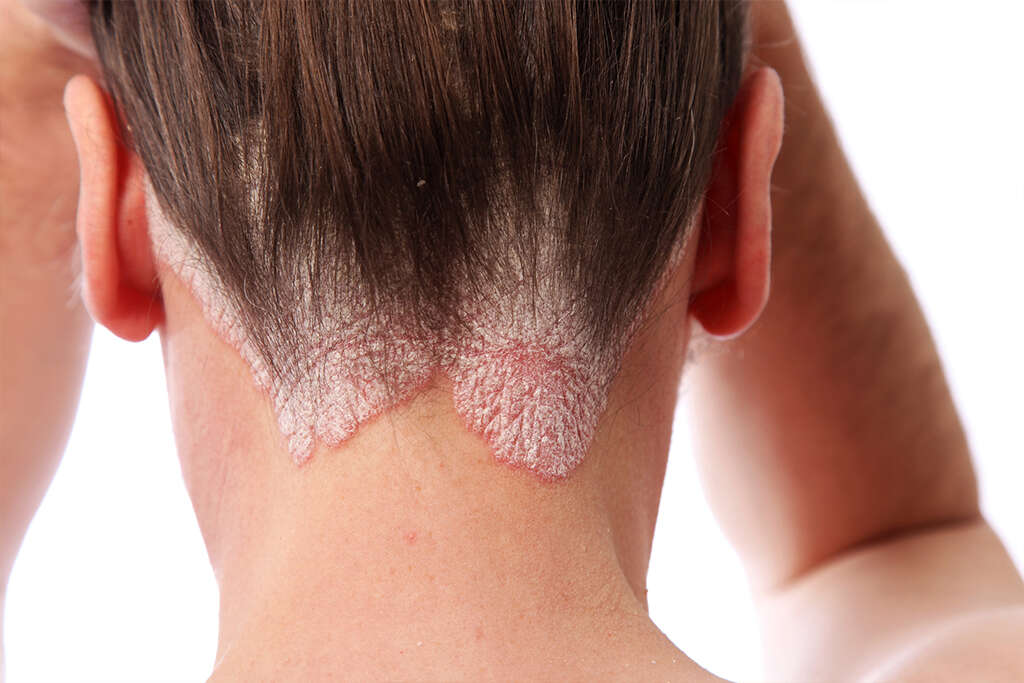
Cause #5: Obstructive Sleep Apnea
Obstructive sleep apnea is a condition that causes potentially serious disruptions to breathing when we are sleeping. Patients suffering from this condition are usually (but not exclusively) overweight. During sleep, the patient’s airway may collapse due to anatomical or physiological reasons. This prevents the patient from being able to breathe, causing them to wake regularly throughout the night.
With the patient’s breathing patterns disrupted, so is the supply of oxygen to the body. This will result in the blood pressure rising to help ensure enough oxygen is supplied. While some people with obstructive sleep apnea will find their blood pressure normalizes in the daytime, for many it will remain high throughout the night.

Cause #6: Thyroid Problems
The thyroid gland is responsible for producing hormones that help to regulate our metabolic rate. If this gland develops problems then the production of said hormones is likely to be influenced and this can affect us in a number of ways. The symptoms of thyroid conditions are varied and can range from being mild to potentially dangerous.
Hypertension is one symptom of problems with the thyroid gland. While the exact cause is not known, the thyroid gland can affect the flexibility of the walls of blood vessels and the rate at which the heart beats. Both of these factors are likely to have an effect on the blood pressure.

Cause #7: Kidney Problems
Our kidneys do a superb job of removing unwanted items such as toxins from our blood. Once filtered from the blood, these unwelcome elements are then excreted in the urine. The kidneys do a very important job and we can begin to feel it when things start to go wrong.
Kidneys regulate the volume in our bodies. When a patient has kidney disease, they are prone to have excess volume and this issue will lead them to develop hypertension over time as the blood vessels struggle to deal with the extra amount of fluid.

Cause #8: Drugs
Many drugs may increase blood pressure, whether on purpose or as a side effect. Drugs like non-steroidal anti-inflammatory drugs (NSAIDs), steroids, and some anti-depressants may increase blood pressure.
It is important for patients diagnosed with hypertension to be aware of these drugs to prevent further complications.

Cause #9: Stress
When we are in certain circumstances, the body will raise levels of alertness to make us ready for whatever might happen. In addition to readying ourselves physically, we also need to be ready mentally so we are able to think quickly. This includes the release of hormones that will increase our blood pressure to ensure the brain and the body has the fuel it needs.
Usually, stressful situations don’t usually last for long, allowing us to relax again. Some people, though, can experience prolonged periods of stress, resulting in prolonged periods of high blood pressure. These periods of high blood pressure have the potential to cause long-term damage.

Cause #10: Primary Hypertension
High blood pressure is something that is fairly common among people and we are learning more about it. With more knowledge about the causes, we are better able to learn how to treat it, but there is still a great deal more research that needs to be done. More often than not, we still know little to nothing about what causes high blood pressure in the first place.
Primary hypertension is the name given to cases of high blood pressure for which no cause has been identified. It is likely to arise in adulthood and gradually worsen over time. Even if the cause cannot be identified, the symptoms can often still be treated.





